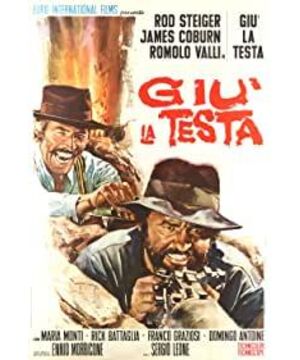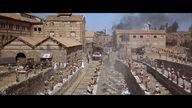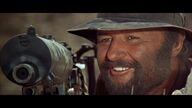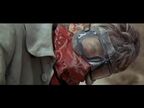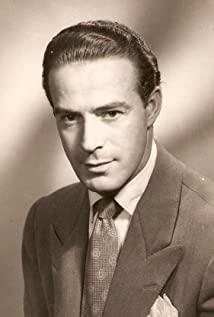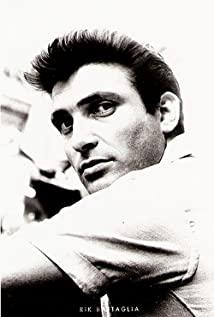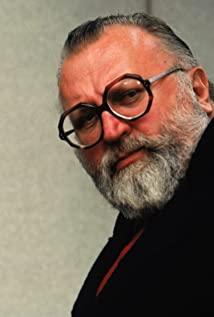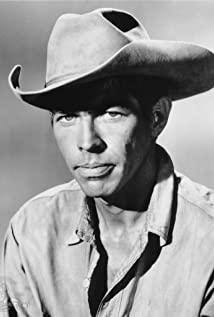"Revolutionary Past" is a very satirical western, a humorous drama with a unique style, and a far-reaching allegory and epic.
It expresses the essence of human desire through two unrelated men, whether it is robbery or revolution, it is just a coat.
At the beginning, the film explained the classic quotations of the great revolutionaries: "Revolution is not a dinner party, an essay, a painting or embroidery. It cannot be so elegant, so calm, gentle, so gentle, courteous and thrifty. Revolution is a riot, a class overthrowing another. Violent action of a class".
In the end, the director took more than two hours to interpret an ending: "Those who complete the revolution are ignorant of the revolution, those who plan the revolution betray the revolution, and those who insist on the revolution finally choose death."
How absurd, how ironic.
From the beginning of the film, the Mexican traveler Juan (Rod Steiger) made a pitiful appearance, took the rich man's train, and appeared to his "sons", looting the gold and silver treasures of the rich men and women, even The clothes were all stripped naked, which fully reflected the real pitifulness of this gunman. He just wanted to make his "sons" have a meal, that's all.
As the film progresses, the protagonist Sean (James Coburn) comes on the scene. As he swaggers past the location where Juan and others are ambushing on his motorcycle, Juan observes this western cowboy from Ireland. Possibly a man with no money, so he blew his motorcycle tire dramatically.
However, the story of the two of them begins here.
In order to show his strength, Sean showed off his blasting skills and his windbreaker covered in bombs. Maybe in Juan's opinion at the time, this person had useful value, at least they could rob a bank together, because once and for all is far more cost-effective than being a road bandit; and in Sean's opinion, this Juan's marksmanship is good , and there is a good armed force that can organize a riot or something together.
It can be said that the two have ghosts and plans, but they do not explain each other. So when Juan talked about the topic of robbing a bank, Sean did not deny it, because he wanted to use this armed force to rescue the revolutionaries who were locked up in the bank. In this way, Juan became a hero in a confused way.
When Juan rescued all the people and found that the bank had been turned into a prison, and he was depressed, Sean talked to him about the revolution. At this time, the rude Juan broke out: " Don't talk to me about the revolution, I know what it is." Then he explained in plain language all his understanding of the revolution: "The literate tell the illiterate: it's time to change, and let the illiterate tell the illiterate Go to work, and then sit at the table to eat and talk, and the illiterate? . . . Die! Then do it again."
Sean is noncommittal. Juan, who only wants money, doesn't seem to be reconciled, so there is a second "cooperation" - ambush the army. This cooperation once again allows Juan to show his skills. However, he loses all "sons" , this may be the price of a hero.
Through flashback shots, the director explained Sean's past background clearly and neatly, without a single line.
Under the lens of Sergio Leone, we can see his doubts about the revolution, as well as the confusion of the two protagonists, loyalty and betrayal, justice and evil, changing under the guise of revolution, foreshadowing a A tragic end to the revolutionary disillusionment, and a fate that is overwhelmed by realism.
When they blocked the army for the last time, Sean was seriously injured and chose to die, while Juan killed the army leader and became a true hero by accident.
With Sean dying, we hear Juan's hysterical cries: "What would I do without you?"
Sean said calmly, "You will become a general."
Juan looked confused: "I don't want to be a general." This poor Mexican bandit just made some money, took the lives of all his "sons", and finally became a hero of the revolution in confusion, really " Not worth the loss.”
The moment Sean closed his eyes, he successfully passed the fire of the revolution to Juan, completing the inheritance of the fire between the two men.
The next way to go, the ghost knows.
View more about Duck, You Sucker! reviews


